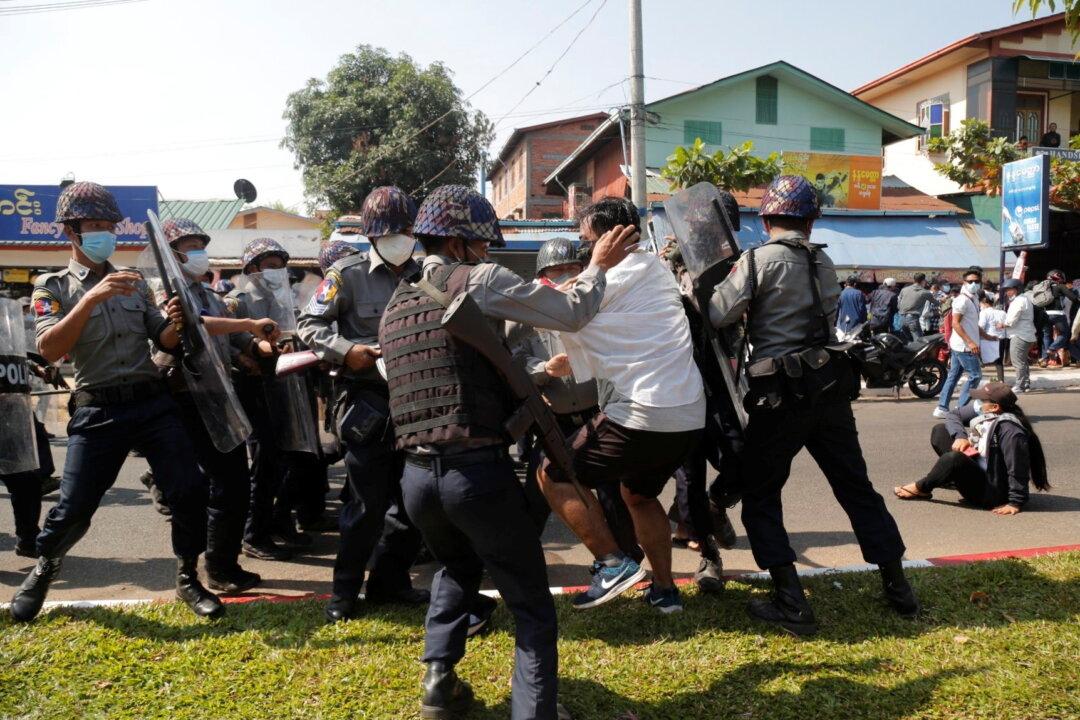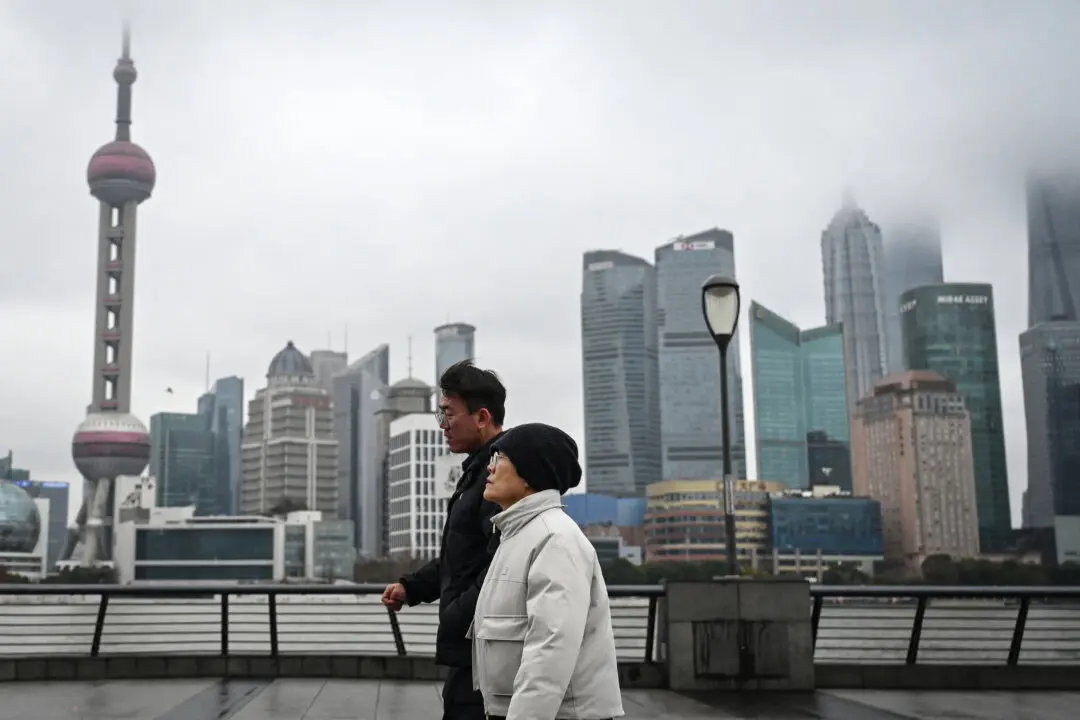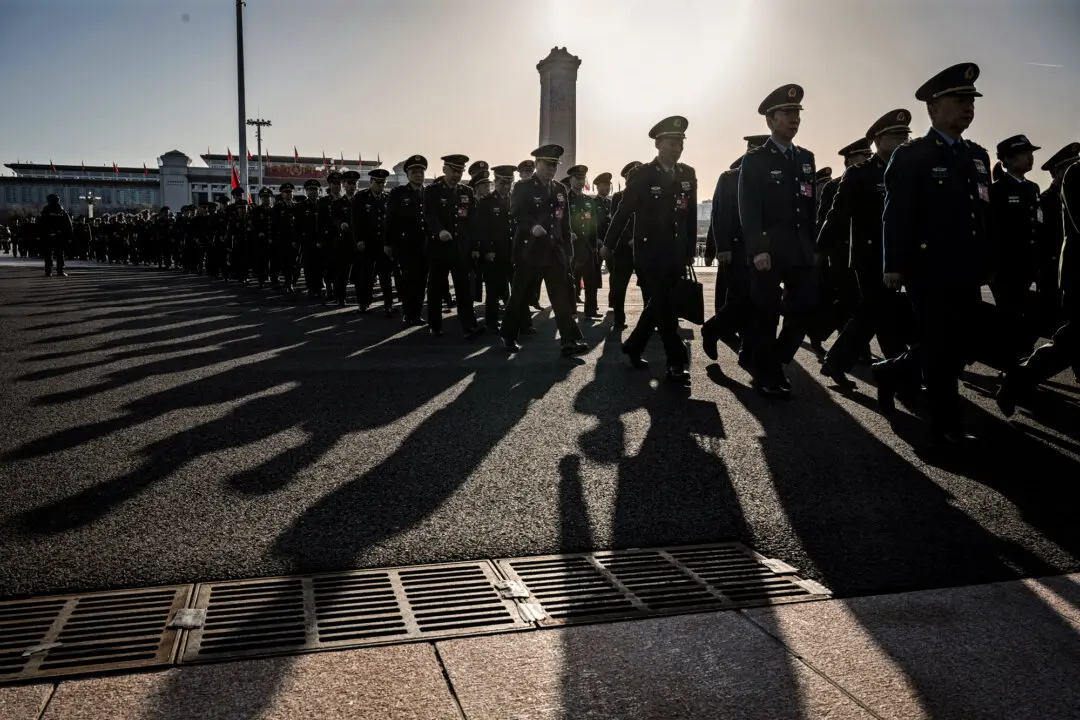An advocacy group has recently accused Chinese state-owned companies of being the biggest arms supplier to the Burmese military. Meanwhile, thousands of Burmese citizens have recently protested against the coup and believe Beijing was behind it, despite the Chinese embassy repeatedly denying the claim.
Citing research by the advocacy group “Justice For Myanmar,” Radio Free Asia (RFA) reported that the five biggest suppliers of arms and military equipment to Burma’s military are China North Industries Group (NORINCO), the Aviation Industry Corp. of China (AVIC), the China Aerospace Science and Technology Corp. (CASC), the China Aerospace Science & Industry Corp. (CASIC), and the China National Aero-Technology Import & Export Corporation (CATIC).




